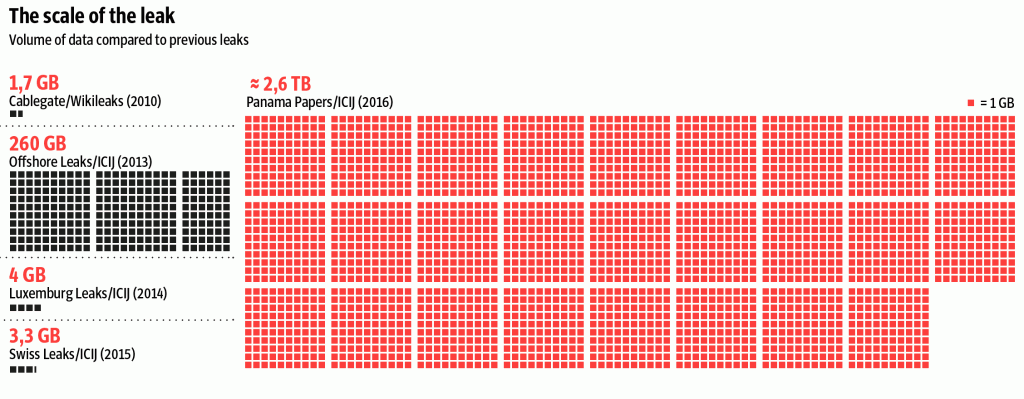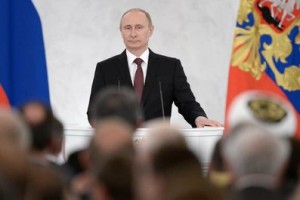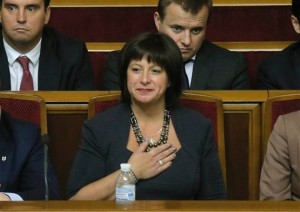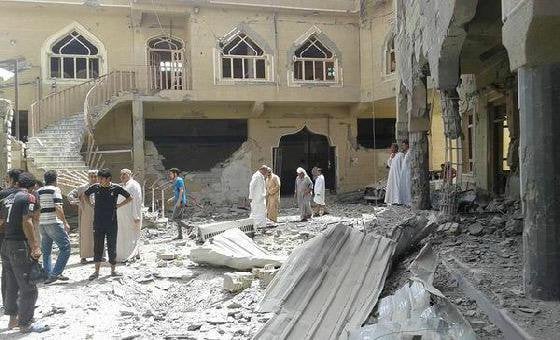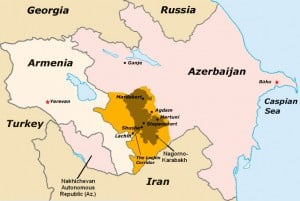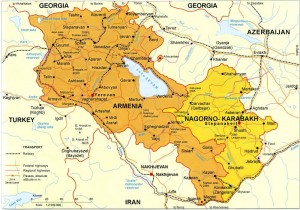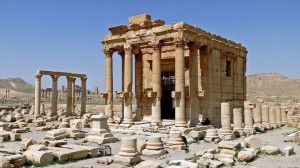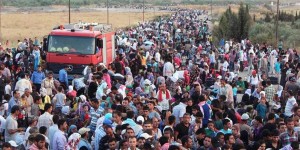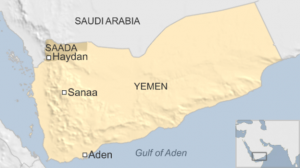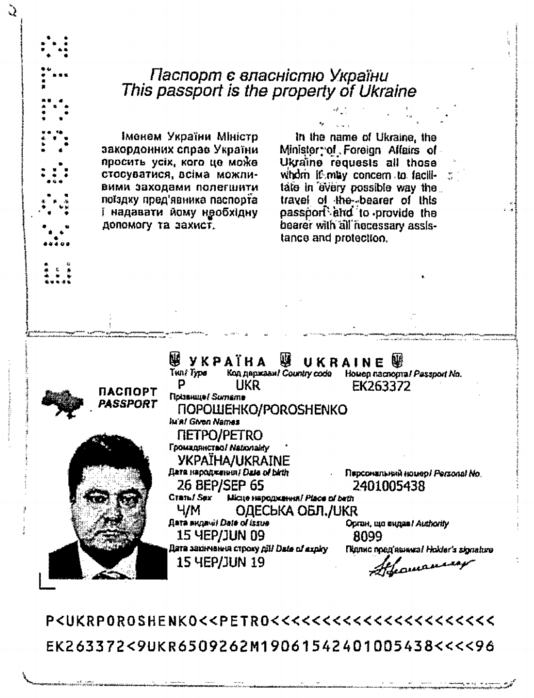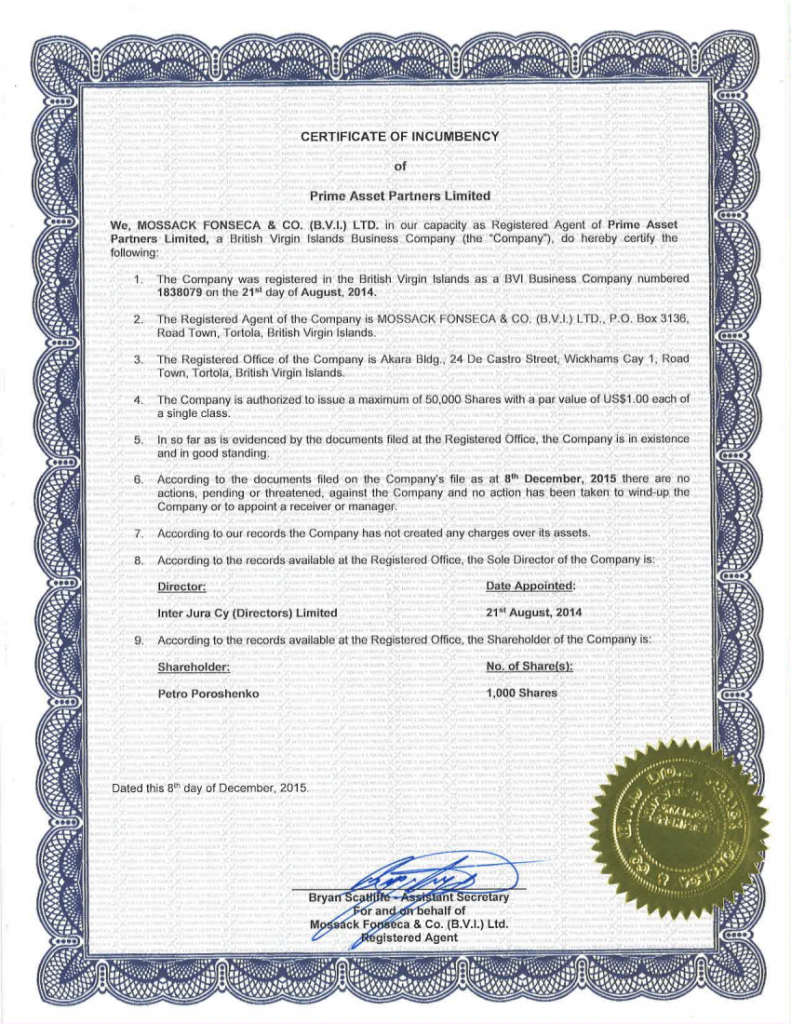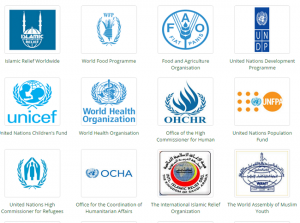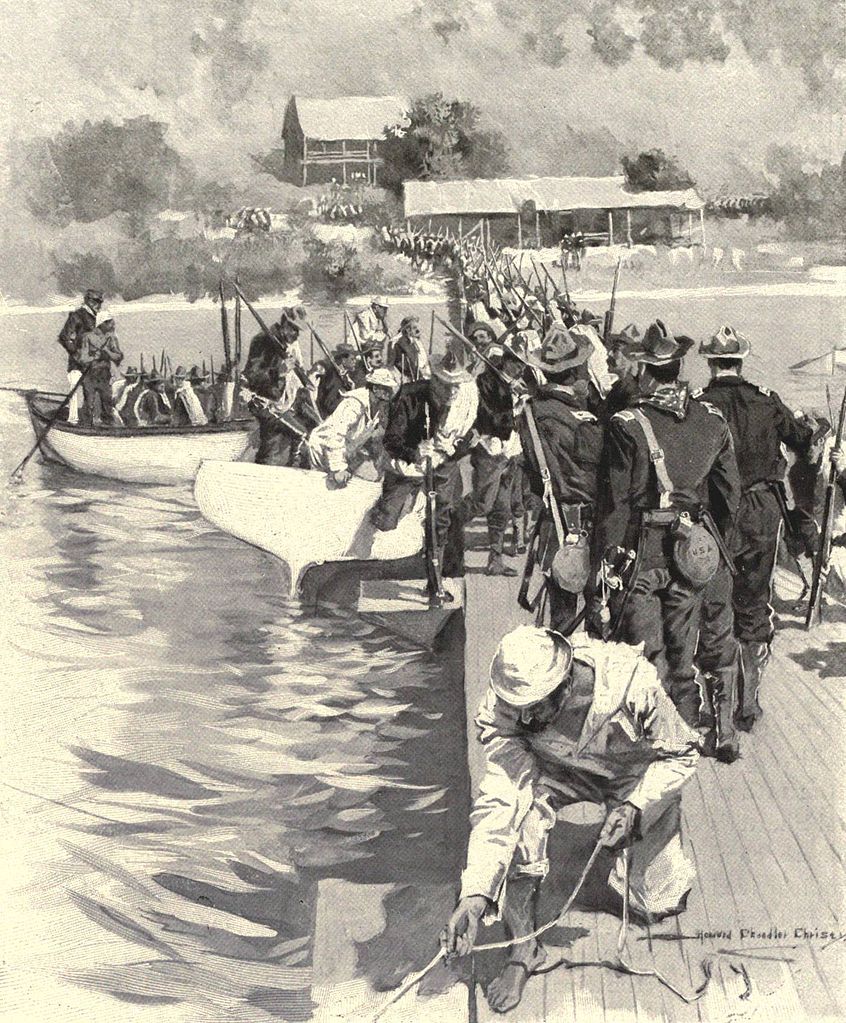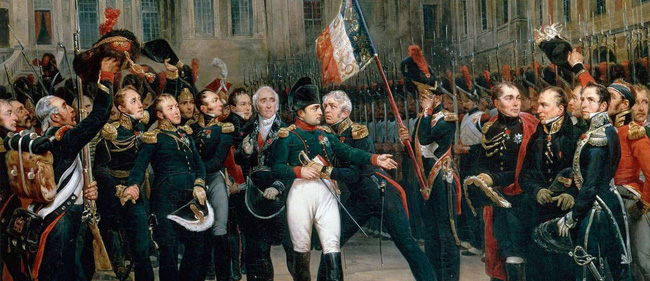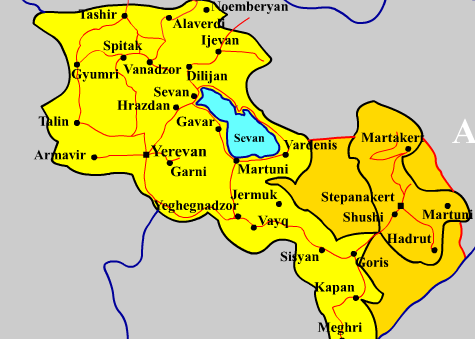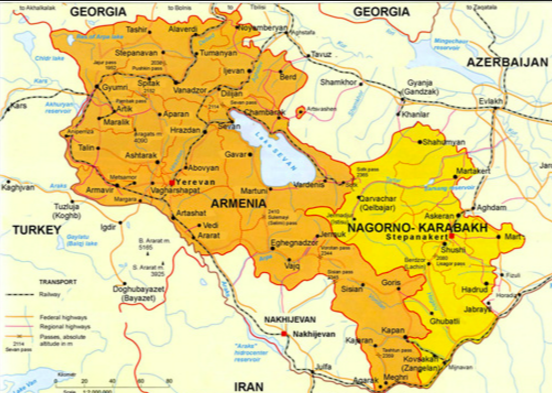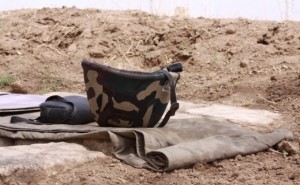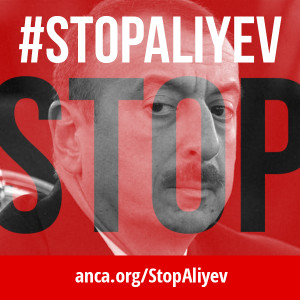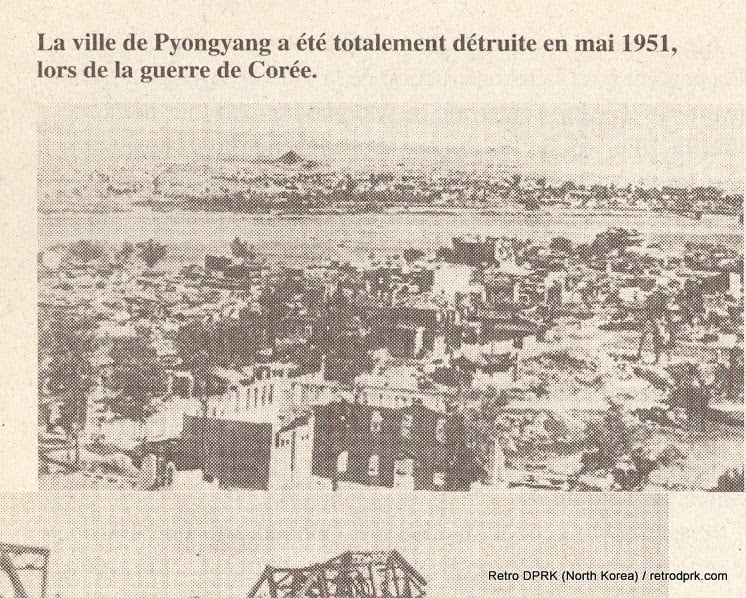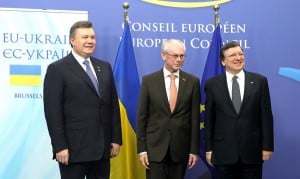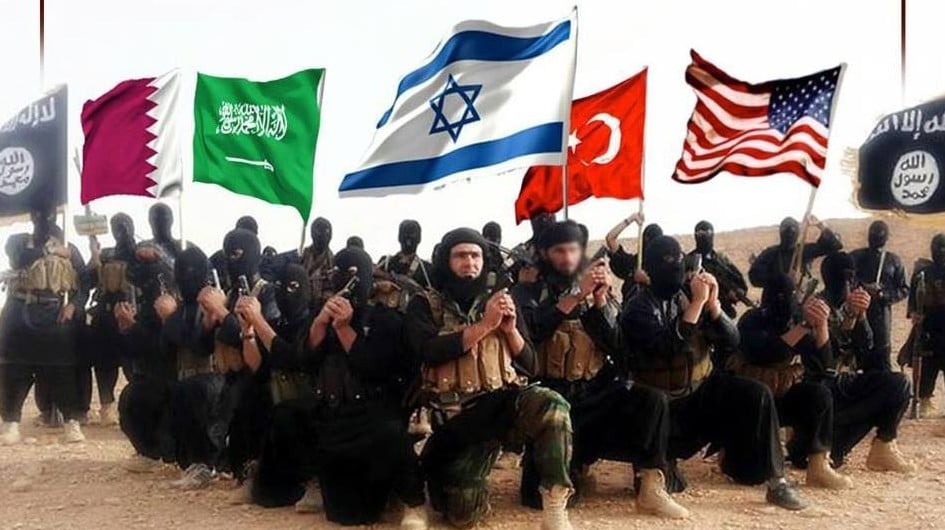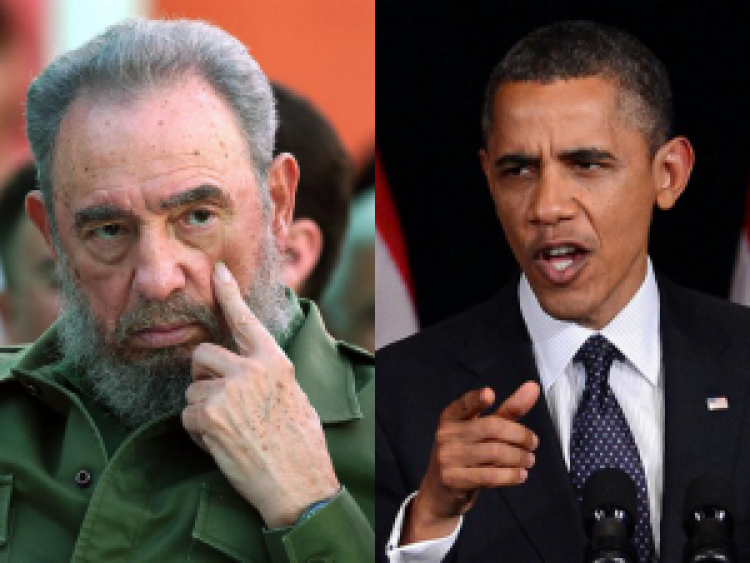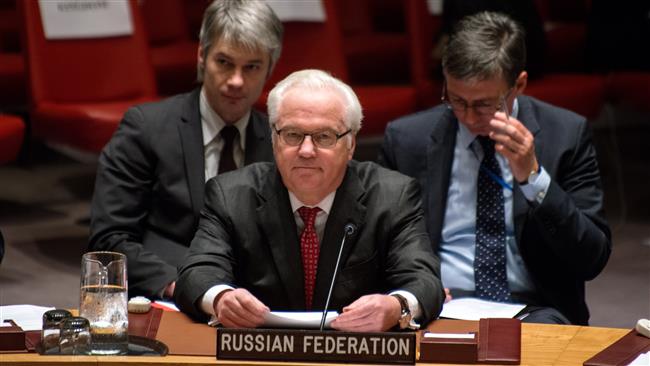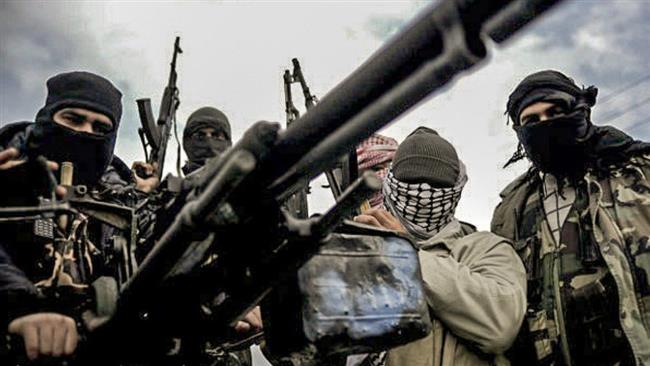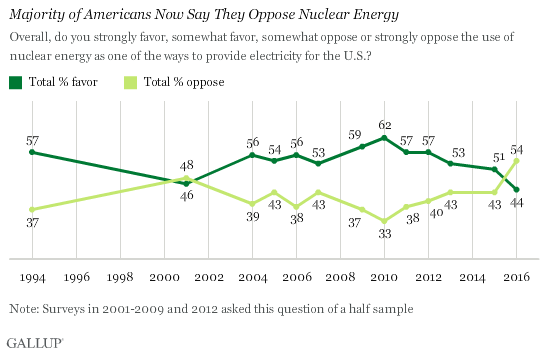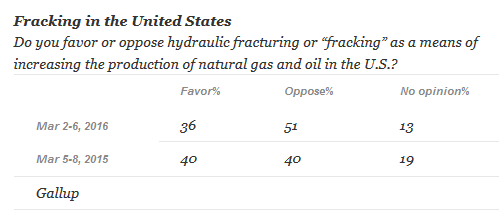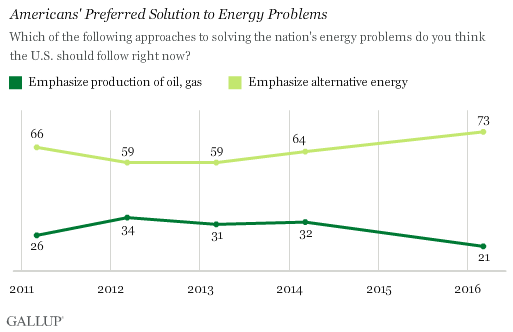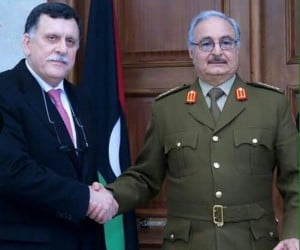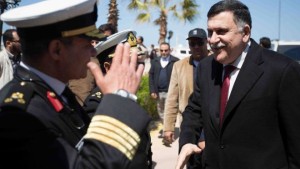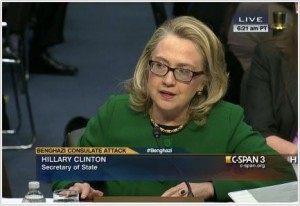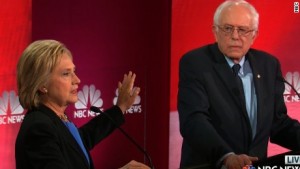On October 7th, 2012, after hearing of his victory as the nation‘s candidate with 56 percent of the vote, President Hugo Chávez Frias announced from a balcony in his hometown that a new cycle was beginning the very next day, October 8th.
Only a few days later, on October 20th, he headed the first meeting calling together the ministers of this new cycle, the Comandante called for a series of critiques and self-criticisms in order to expand efficiency, strengthen communal power, and further develop the National System of Public Media, among other themes regarding the construction of socialism.
This document synthesizes his words, as a tool for a debate in which we should all participate.
The New Cycle of the Transition
We are speaking, above all, on the theme of economics, we are looking over papers, documents, plans, projects, we are closing one cycle and opening up a new cycle after the Bolivarian victory on October 7th, which has broadened the political horizon as well as bringing us a popular victory, the Bolivarian victory, which guarantees our nation‘s stability.
I was reading somewhere that Venezuelan bonds have shot up. The world knows, PDVSA [Petroleum of Venezuela] now appears to be the second largest company among Latin America’s top 500, making it one of the largest in the world, a solid position, and Venezuela continues to occupy a place that it deserves. And this is only possible, and it will only be possible to continue in this direction, to open these horizons, through these steps, using these roads, in the construction of socialism.
Here I have a [book written by] István Mészáros, chapter XIX, called “The Communal system and the Law of Value.”1 There is a sentence that I underlined a while ago, I am going to read it to you, ministers and vice president, speaking of the economy, of economic development, speaking of the social impulses of the revolution: “The yardstick,” says Mészáros, “of socialist achievements is the extent to which the adopted measures and policies actively contribute to the constitution and deep-rooted consolidation of a substantively democratic…mode of overall social control and self-management.”
Therefore we arrive at the issue of democracy. Socialism is in its essence truly democratic, while, on the other hand, there is capitalism: quintessentially anti-democratic and exclusive, the imposition of capital by the capitalist elite. But socialism is none of these things, socialism liberates; socialism is democracy and democracy is socialism, in politics, the social sphere, and in economics.
Giordani also says this, in his book The Venezuelan Transition to Socialism, by our dear minister, friend and teacher, Jorge Giordani.2 Jorge speaks about some of the decisive factors in the transition: one of them is the transformation of the country’s economic base in order to make it fully and fundamentally democratic, because the economic base of a capitalist country is not democratic, it is anti-democratic, it is exclusive. That is how it generates great wealth for a minority, for the elite, the bourgeoisie, and for the big monopolies, this also how it generates poverty and squalor for the vast majority of the population.
The problem is an economic one, it is impossible to separate the social from the economic, I always give water as an example, H2O, hydrogen and oxygen, the economic and the social.
Here is the book: The Venezuelan Transition to Socialism, the conditions which guide the passage, that is to say, the transition. “When one is dealing with revolution or a productive transformation,” Giordani says, “as far as the productive transformation is bound to an accumulative model, it will be defined by five aspects:”
These are the elements which help to guide the transformation and is what we are going to be talking about today: the economy and how right now, with this new cycle starting, we must become more efficient in the revolutionary construction of a new political, economic, social, and cultural model.
This effort that we have undertaken and that we continue to take on, it is a serious one, and it must be taken even more seriously, that is what Jorge is saying: we must modify the productive base of the country, in a way that assures an economic democracy. For example, here in the Miranda Airbase, in La Carlota, a pole of scientific-technological development is taking form, and this is one of the strategic points of this theme of which we have been speaking, science and technology, independence, it is all related.
Let us recall the five major historic objectives of the Program for the Homeland that we will now begin to apply.
It is about the steps that we have taken, which is why we speak of transition, of stages. None of this existed in Venezuela and none of this would exist in Venezuela if capitalism was imposed upon us, if we converted once again into the colony that we once were. This is why the political revolution comes before the economic one. It must always be this way: first the political revolution, political liberation and then the economic revolution. We must maintain political liberation and from that point the political battle is a permanent one, the cultural battle, the social battle.
The Socialist Democracy of the 21st Century
We are touching on the key points of this project, if we do not understand these points well enough yet decide to move forward we can do good things, however we will not be doing what is precisely necessary to leave, in a manner that is both progressive and firm, the model of capitalist exploitation behind us in order to create a new model: a socialism that is Venezuelan, Bolivarian, and of the XXI century.
It is a new cycle of the transition; the construction of socialism, of our model. We should territorialize the models. I can imagine, for example, a sector of Sarria, the Calle Real de Sarria, the buildings and the bakery, the PDVAL [Venezuelan Production and Distribution of Food] and the Farmapatria [State-run pharmacy] are new elements, like implants. Now colleagues, comrades, if this element did not form part of a systematic plan, of something new, like a network, this would be A and this would be B, this would be C, D, E, etc., and a network that works like a gigantic spiders web covering the new territory, if it didn’t work this way it would all be doomed to fail; it would be absorbed by the old system, which would swallow it up, because capitalism is an enormous amoeba, it is a monster.
I don’t say this to make you feel defeated or daunted; quite the opposite, it is so we can gather our strength when faced with the complexity of the challenge. Let us remember what happened in the Soviet Union: in the Soviet Union there was never democracy, there wasn’t socialism, it was diverted and the leaders did not realize it, or if they did realize it they were incapable of changing things and it became a beaten empire. The fault does not lie solely with Soviet Union, the blame also lies with all of the external aggressions, economic sabotage, biological and bacterial wars, bombings and explosions in the Soviet oil industry, as well as the contradictions, the divisions, the culture.
That is why the socialism of the XXI century, which has resurfaced here as if from the dead, is something new; it has to be truly new, and one of the things that is fundamentally new in our model is the democratic character, a new democratic hegemony which obliges us not to impose, but rather to convince, and that is where we are coming from: The subject of the media, communications, of our arguments, so that the whole country is aware of what we are presenting today; of how we can achieve it, of how we can make it happen.
A change in culture. An impact on a cultural level is vital for the revolutionary process and for the construction of a XXI century socialist democracy in Venezuela.
A Self-Criticism Which Clarifies
Now the self-criticism; in many occasions I have insisted on this, I read and read, and this is very nice and well done, I don’t doubt it, but where is the commune? Maybe the commune is only for the Ministry of the Communes? I have thought about this often, I am going to have to eliminate the Ministry of the Communes. Why? Because many people think that this is the Ministry that deals with the communes.
This is a very serious error that we are committing. We will not comment on it any further. We will revise it. I have signed a decree creating something that is a superior entity to the communes. Where is this entity? It has not served its function.
Nicolás, I entrust you with this task as I would entrust my life to you: the communes, the rule of law, and the justice system.3 There is already a Law of the Communes, of communal economy. Therefore, how will we make it happen…?
I asked the same question in Ciudad Caribia: Where is the commune, no, not the commune, but the communes? Where will we create the communes, the new ones? And in Ciudad Belén, we continue to create housing, but we do not see communes anywhere, not even the spirit of the commune, which at this point is much more important than the commune itself: the cultural commune. Do you understand? Will I continue to preach in the wilderness for things like this? All of us here are a part of this, all of us, from me, the President of the Republic; here in Miraflores there should already be a commune. We all are a part of this; it is part of the soul of this project.
Self-criticism is used to clarify, not to speak empty words, as if we were to throw our criticisms into a void. It is used so we can act now, ladies and gentlemen, Ministers, the communes dictate that we search out the Law of the Communes, that we read it, and study it. Many people, I am sure, and I am not necessarily speaking about those of you here, haven’t read it, because it is believed that it isn’t important to us. Many people haven’t even read the Law of Communal Economy because they believe No, it doesn’t have anything to do with me.
You may ask, which are these so-called communes under construction? I am sure that the communes do not exist in the majority of these projects, be they small, medium, or large, that we are developing: from housing, creating new cities and centers of scientific and agricultural development, like in the Plains of Maracaibo, in the municipality of Mara, even in the state of Sucre, where the large sardine processing plant that we recently opened is located, a huge plant, even in the glass businesses that we expropriated, la Faja de Orinoco [the Orinoco Belt], the communes do not exist. Where will we search for them, on the moon? Or on Jupiter?
Friends, permit me to be as tough as I can be, and as I should be, regarding the new self-criticism on this theme. Rafael Ramírez, for example, should already have around 20 communes in the PDVSA, in the Faja de Orinoco, but the PDVSA doesn’t believe that they should have anything to do with them. The problem is a cultural one, friends. And I mention PDVSA in full recognition of this great industry.
The communes. Once I actually had Carmen Meléndez make, I don’t remember how many, copies of Mao Zedong’s writings on communes from his little red book, now I want to make 30 more copies to give, once again, to each minister. It seems as if no one ever read them since I never even received one page of commentary regarding them.
Self-criticism: either independence or nothing, either the commune or nothing. Or what exactly is it that we are doing here? This is where we need the Mission of Culture, to concentrate its fire, like artillery.
The micro-missions, the spirit of the micro-missions is to concentrate that fire. Someone tell me, how many Ministers, you my dear friends, have gone to sleep in a neighborhood for three days; tell me who has done so. I can’t set the example, as much as I would like to, I’m sorry but I can’t, but you could go there, to Caño Cuibarro to see what is happening with the Cuiba Indian’s project, and you could stay there three days, or scatter yourselves around Sarría. A minister and a vice-minister could be there, walking around, living there for a few days or they could go house to house, this doesn’t only have to take place during an electoral campaign, going street corner to street corner. Haven’t you seen the amount of paper that I am bombarded with, that fall in my truck everywhere I go? Now they throw the paper with rocks, so that it reaches me, or with an arrow, once there was an arrow with a piece of paper on the tip: “Chávez help me…” and on and on.
So, the commune, popular power, does not come from Miraflores nor does it come from office of the Ministry. This is not where the problem will be solved.
We do not believe that because we are going to open the Cemento Cerro Azul factory or the industrial manufacturing equipment factory in Guanare, or the computer factory, or the satellite factory, or this factory or the other that we have just finished, no; nor because we have nationalized the cement industry….
Be careful, if we are unable to realize this, we are done for, and not only are we done for, but we will be the ruin of this project. Those of us here, those present, face a historical responsibility. Each time you go to the bathroom, or wherever there is a mirror, look at yourselves in the face, look yourselves in your eyes. I will be the first to do it.
Socialism Cannot Be Made By Decree
Factories constructed with capitalist ends carry the indelible mark of their “operating system,” the division of the social hierarchies of work from which they were built. A productive system which aims to activate the full participation of the associated producers, the workers, requires a multiplicity of “parallel” producers, who are coordinated in a suitable way, as if in a corresponding operating system that is radically different to the centrally operated alternative of the capitalist driven economy or its well-known post-capitalist varieties which are presented deceitfully as “planning.”
How many hours of study, of reading, of reflection, do we dedicate ourselves to each day? It is necessary, I would say, above all of our other obligations, to dedicate ourselves many hours a day because we are talking about elements that are vital for this project. Sometimes we think that everything should be controlled from Caracas. No! It is about creating, as Mészáros says, a coordinated combination of parallel systems and from there the regionalization, the initiative districts. But we still haven’t created a single one, and we have the law, we have our decree, but it was just a decree, and inside the initiative districts are the communes.
Occasionally we can fall into the illusion that by calling something a certain name, I am against calling everything “socialist,” socialist stadium, socialist avenue, what a socialist avenue, kid! This is suspicious. Somebody over there wanted to call an avenue “socialist,” socialist bakery, socialist Miraflores. This is suspect because one could be led to believe that okay, it’s done, we called it socialist, we’re all done; change the name and that’s it.
It’s like the joke of the capybara and the Indians. A Spanish priest arrives, this was years ago, during holy week, traveling along the plains through Indian lands so he comes to an indigenous town and the Indians are there, dancing and everything, they have their ways of celebrating, their own gods, their customs, their food; so the priest tells them, “You can’t eat pork during holy week. On Holy Thursday you have to eat fish or capybara”. Because there was a big fat pig there and the priest sensed what was waiting for him, so he asks: “Do you understand?” “Yes we understand”. “You can’t eat pork or meat from livestock,” The priest, before leaving, brings them to the river to baptize them and he asks: “What are your names?” The Indian was named Caribay. “No, no, what is this Caribay? Your name is Juana. We must give people Christian names”.
“And you what is your name? Another Indian name, Guaicaipuro. “No, what is this give me a break Guaicaipuro, your name will be Nicolás.” He left and when he came back on Holy Thursday, he saw that the Indians were dancing and roasting a pig: “How is it possible that you are going to eat this pig? I told you that you cannot eat pork” So one of the Cacique [Indians] says: “No, we solved the problem. We baptized the pig and named it capybara.”
They changed its name, they brought it to the river, they put it into the water, “Pig, your name is capybara,” and they ate the pig.
This is how we are with socialism: “You are called socialism, kid,” but you continue being a pig deep down. I make these remarks, a product of my reflections, after some study and a comparison with reality.
We Must Implant Social Prosperity With The Spirit of Socialism
Look at this view. This is the Mene Grande plant. Another plant could fit here. It must be seen what can be produced in the surrounding land, Satellite Miranda, it seemed useless, just jungle and snakes. Each factory that we create should be able to start producing the day it is opened, guava in this case, as an example; does this make sense? The plant should be on land that is unproductive, probably national land, a thousand hectares of social property that can coexist with small property.
We have to associate ourselves with the small producers, but we must implant social property with the spirit of socialism, all down the line, from agricultural work, where mangoes are grown, guava, strawberries, to the systems of distribution and consumption of the local producers.
We have done all of this in the interests of the transition; however we should not lose sight, friends, of the core part of this project: we mustn’t continue opening factories that are like an island, surrounded by the sea of capitalism, because the sea will swallow it up.
The same thing happens with housing. Where are the productive zones in Ciudad Caribia? We have created plenty of housing there, but I don’t see the industrial zone. And I remember having said years ago, when we started there, we went there and we walked around: That is where El Junquito is, the sea is there, my God the night is nice and cool, great for tourism, there should already be some lodgings there.
Simón Bolívar said: “What we want will not come to us through divine intervention”. There should already be a system of hotels there, restaurants with a view of the sea. There is a magic mountain there that I call the Wall, it is the Path of the Indians. What is it that Cipriano Castro said? “It is the insolent mark of the foreigner, the insolent mark of the Spanish invader, that they could never pass through this path!” They never made it through this road.
I believe that you can even find human remains there, or that there were remains of indigenous craftwork, that is why it is called the Path of the Indians, and the other one: the Path of the Spaniards, but this was Guaicaipuro’s path, not a single Spaniard passed through there, or we can say, in respect for modern day Spain, not a single imperialist, not a single imperialist passed through.
These were the paths of Guaicaipuro, the road of heaven, it is made up of seven plateaus that can be seen clearly from above. Therefore, remember what we spoke about, look, this is really good for the cultivation of citrus, that is where citrus comes from, flowers, and they even said they would make an area for the industrial zone. Where is the industrial zone? Did you see it? Where are the industries? There aren’t any. This is Ciudad Caribia, I will be happy the day that I see some changes there.
Since the first day that we began to construct housing there we should have begun, I even said, once, Why should we wait until the housing is built, since it is a longer process? We are working on the transport and the roadways. What we are doing in Ciudad Caribia is a colossal undertaking, but for us to wait until it is all finished before we begin to plant the trees, the nurseries for the citrus fruits, flowers, urban agriculture, tubers.
Carayaca is near there, once we walked around and ended up in Carayaca, over there you arrive at the Naval School, behind it, in the patio, but as far as I know there isn’t even a hectare still there, right?
Once when I wasn’t in a big hurry I went there, via the Caracas-La Guaira highway, with entrances and roads that go both places. Go there so you can see it.
I went and came across fields of tomatoes, and a man operating a water pump. I asked him: Where do you extract the water? “Over there under the ravine, on your right as you go towards it, there is an opening there,” I saw mango groves, grafted [an agricultural process] with those really big mangoes, and a litter of chickens on a small piece of land, peppers, etc. I asked the man: Who owns all of this? “Mr. so and so.” And how much does he pay you? “Well, sometimes he pays us and sometimes he doesn’t.” See? They are exploited, on these small farms.
Recently we inaugurated the Mamera-El Junquito highway. Tell me if you have seen a farm there, a collective one. Remember it was there three years ago, and the first image that I had was what great potential, what beautiful land, what beautiful hills, what a beautiful climate. We have finished the highway and yet there is not a single productive unit there that we have created ourselves
It was our belief that the highway was the the main objective, will the railroad be our goal? Will the highway be our goal? Or, in terms of the central concept, do we change the entire geographic-human socio-territorial and cultural relation around? A change is clearly necessary, but sometimes we don’t want to understand, not just sometimes, we almost never understand it.
The People are the Objective
You remember, Jacqueline,4 it seems like a hundred years ago you were the president of Hidrocapital and I, watching television, saw that you were in the Cota 905 putting in water pipes, and I called you, I barely knew you, and I said: Doctor, engineer Jacqueline, what project is accompanying the main idea of the pipe? Is it just the pipe? And those shanties alongside the site, does anyone see them? Is the pipe the objective? Is the objective the oil pipeline? Or is it an instrument? Is the highway the objective? I could go on and on.
Once we came with [Ramon] Carrizales, I remember that he was the Minister of Transport and Infrastructure, we were coming from Elorza heading towards Mantecal in some helicopters and I saw that they were still working on the highways. I said, lets land there, between Mantecal and Elorza. I asked the workers: Where do you live? Mantecal, Elorza. How many of you have your own house? Almost none of them. What kind of housing do you have? A shack. I remember that I said to Carrizales: hey, it would have been great, or it would be, to make a sketch. I’m going to make another sketch. Look, this is Elorza, Mantecal and the highway, kilometers, thousands and thousands of hectares cross this highway and the result is that the very workers who are working on the highway don’t have housing.
I asked some engineers who were there: How many houses fit in a hectare? Let’s say 10 hectares, 800 houses, simple ones not buildings or anything, so taking advantage of the impulse, as they say, with the machinery used for the highway, millions of Bolivars, technicians, engineers, the very same workers who didn’t have housing could have built a residential area for themselves.
It is not the same thing to simply finish the highway, their work is over, and what awaits those workers? The majority of them end up damaging the highway so that they can return to work on the same highway, that is how they pass their lives, surrounded by land on all sides, they finish their lives without a home and they leave their children homeless. And not just homeless. I would pick up that little town of ten hectares and maybe on this side 100 more hectares, livestock, agriculture. You know the highway from the capitalist point of view, who benefits most from the highway? The large estate owner that can now ship more livestock at lower costs.
Putting your feet on the ground can be beneficial, because maybe, if you have a bicycle, an old one, you can travel by bicycle along the highway in bits and pieces to get to the next town, or you can walk along the highway, this is the benefit that having ones feet on the ground gives to those who are exploited; on the other hand someone who has a small herd of animals, a farm and a few trucks, that person will benefit a million times more than the person with their feet on the ground.
Therefore, in terms of the highway, from a traditional point of view, we are actually making the rift wider, it seems that we often don’t even realize how to find the right formula.
What I am doing is organizing my reflections so that you can make adjustments to what you are working on so that you work together and communicate as a team and we can all give everything the utmost importance, as small as it may be even if it is a little project over there in a small town in Mérida. Not just: “This is a trout farm,” What else is there? As small as it is we must give it this character.
I believe that over these years we have accumulated experience, we have created entities that did not exist before. I believe that we have ended up accumulating resources, investing resources and we will continue to do so. I think we have new codes; I believe we have a new legal framework, starting with the Constitution; we have laws for communal councils, the law for the developmental initiative districts; but those of us responsible for enforcing them haven’t paid any attention to these laws.
I hope to see answers to these reflections and to this public self-criticism that I am making.
Better Efficiency for Better Results
And you, my dear friends, ministers, I don’t want you to work alone, you say I have the power to do what the law requires, in this there is no question. I shouldn’t have to deal with this at all, sometimes there is jealousy, and I have come across ministers or vice-ministers who get jealous.
You are all obliged to keep me informed, not to be quiet. If any of you see that within a certain ministry, or other entity, there is an exclusive clique forming, tell me because I have the power that the constitution gives me, a power that no one else has, I will shoot a missile at them, you can’t do it, but I can, and I will do it with pleasure; believe me, I will do it with pleasure.
It is sad that we stay quiet, so that I am not seen to be shoddy. We are not second grade students, nor are we in elementary school, this is the revolutionary government of Venezuela, ratified by the people two weeks ago, but also highly criticized by the people and for a reason, and these reasons are based on our lack of efficiency.
I read somewhere, and it has been mentioned before, but since there are various ministry councils, various phases, it is possible that some of you haven’t heard me say this, or maybe you understand it better than I do: a team that does not communicate, or a team that communicates badly, will not amount to much.
We need a level of communication, of coordination, a crossing, or an intersection of plans, of diagnosis, of problems, of coordinated action. It’s like a war: What would the infantry do without us, the tanks? And what would the armored division do without the infantry or the marines without the army? What does a male do alone, or a female alone, or night without day, or the root by itself, or the branches on their own? We are nothing without integrating our vision, in our work, in everything, it will be hard but we will persevere.
That is why I ask you, I ask Nicolás who will now step up to take on the role of vice president and the newly arrived Ministers as well as those who are staying, to make a bigger effort, to give a little more. I will do my part as well, I will be involved in everything.
Reinforcing the National Public Media System
Another criticism, and I hope that no one feels bad about it, I won’t name anyone, but recently, as always, I have been watching TV. I watch a few programs on our channel, the channel of all of Venezuela, and it seems as if we will persist in clinging to the past, giving a voice to those who barely have anything to say to the country, airing their videos. Is this the most important thing right now? And the management of the government? Why not have programs with workers? Where we can voice our self-criticisms, we should not be afraid to criticize, nor to self-criticize. We need it, it gives us nourishment.
I imagine, for example, my dear Vanessa in the Copelia factory, speaking at length with experts, dedicating an hour to them. I imagine my dear Mario over there in the Cerro Azul plant, even if it is eleven at night it doesn’t matter, interviewing workers, walking around the factory, looking at the cement, being shown around.
Four hours there on one Saturday isn’t enough. This must be a systematic plan, permanent, continuous, etc.
And not just on channel eight, no, on every channel. I often watch Tves, there are good documentaries, and Vive as well; but I have the impression that each channel does its own thing. We don’t really have, although we like to talk about it, a National Public Media System, we don’t.
Ernesto, convert yourself into the leader of this system.5 Create it, we will create it together, it will include, finally, as a system, connectivity with other systems, or subsystems, community media, popular media. It’s like the story I told you of the bugle and the horse: Local television, local newspapers, international news, Telesur; each one is on its own. This is the truth.
I am sure that this is how it is. There isn’t a National Public Media System, we don’t have one. We will create it; we have the instruments to do so. What we lack is the will and, maybe, obviously, the capacity. If we take the risk we will do it. It is necessary.
Notes
- István Mészáros,Más alla del capital: Hacia una teoría de la transición (Caracas: Vadell Hermanos, 2001) [the English edition isBeyond Capital (New York: Monthly Review Press, 1995)].
- Jorge Giordani,La transición venezolana al socialism [The Venezuelan Transition to Socialism] (Caracas: Hermanos Vadell, 2001).
- [Nicolás] Madero, at that time recently named Vice President of the Republic.
- Jacqueline Farías, Head of Government of the Venezuelan Capital District.
- Ernesto Villegas, named Minister of Popular Power for Communication and Information.
